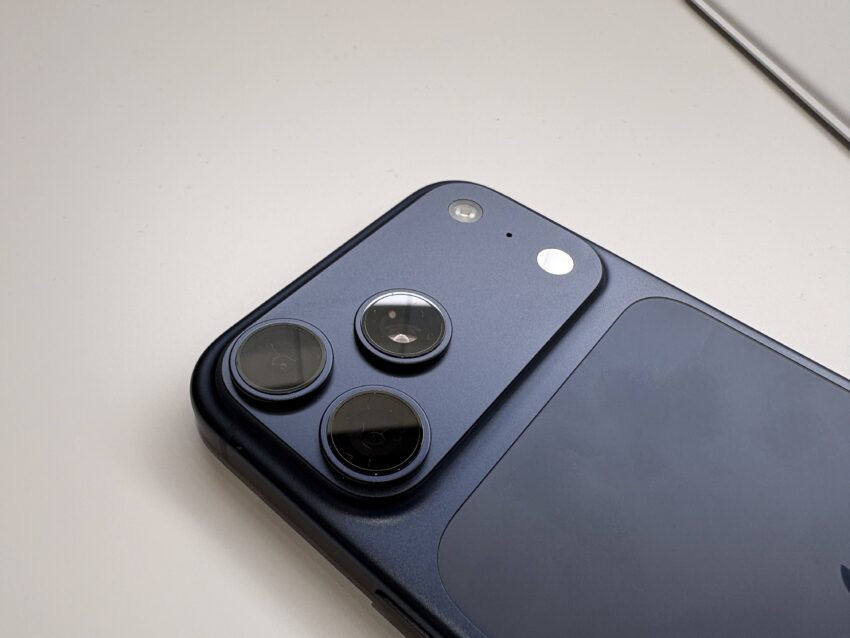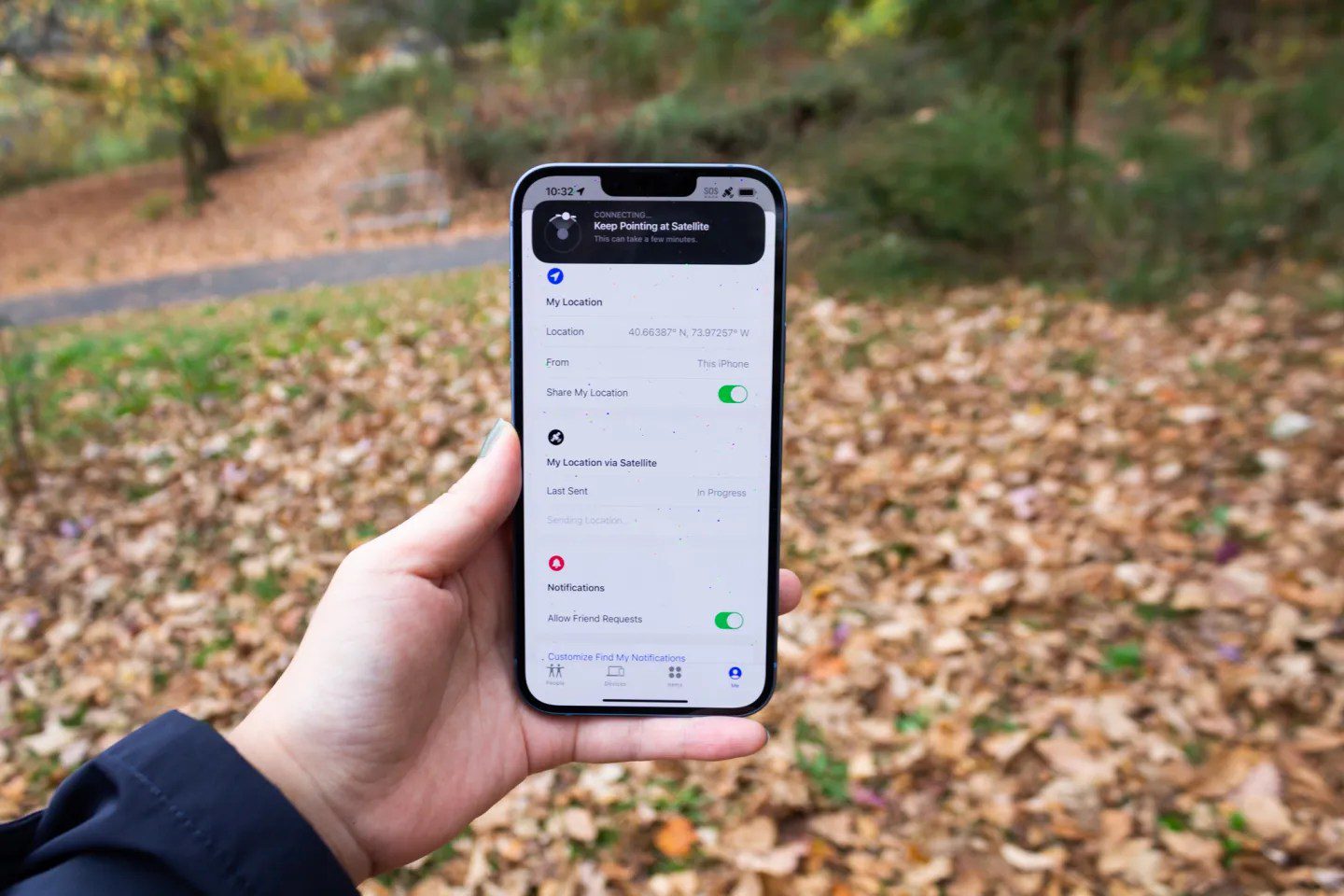
apple says the iphone 17 comes with Apple has announced significant security enhancements in its latest iPhone 17 lineup, focusing on a feature called Memory Integrity Enforcement (MIE) that aims to bolster device protection against sophisticated cyber threats.
apple says the iphone 17 comes with
Overview of Memory Integrity Enforcement
While the design changes in the iPhone 17, such as a sleeker profile and advanced camera systems, may capture consumer attention, Apple is emphasizing a less visible but equally crucial upgrade: Memory Integrity Enforcement (MIE). This feature is touted as “the most significant upgrade to memory safety in the history of consumer operating systems.” It specifically targets the spyware industry, which has developed tools like Pegasus to exploit vulnerabilities in targeted devices.
MIE is a comprehensive, always-on memory safety protection system that covers critical attack surfaces, including the kernel and over 70 userland processes. This initiative is built on the Enhanced Memory Tagging Extension (EMTE) and is supported by secure typed allocators and tag confidentiality protections. By implementing MIE, Apple aims to create a more secure environment for its users, making it increasingly difficult for malicious actors to compromise devices.
Comparative Approaches in the Industry
The introduction of MIE is reminiscent of similar security measures implemented by other tech giants. For instance, Microsoft has integrated memory integrity security features into Windows 11, which aim to protect against various vulnerabilities. Additionally, ARM has been working on the Memory Tagging Extension (MTE) to combat memory bugs, a feature that has also been adopted by Google in its Pixel 8 series. Users of these devices can enable MTE for supported applications by activating Advanced Protection.
Apple’s approach, however, is distinct in that it is designed to protect all users by default. The company has engineered its A19 and A19 Pro chips with enhanced security features, ensuring that even older hardware can benefit from memory safety improvements, albeit without the full capabilities of the new memory tagging features.
Technical Enhancements and Performance Considerations
One of the standout claims from Apple is that its new mitigation for Spectre V1 leaks operates with “virtually zero CPU cost.” Historically, performance degradation has been a concern when implementing memory integrity and other security features. Apple’s assertion that these changes will not significantly impact device performance is a critical factor for consumers who prioritize both security and usability.
Moreover, Apple believes that the enhancements will make the development of “mercenary spyware” increasingly expensive and complex. By raising the bar for potential attackers, the company aims to deter the creation and deployment of malicious software that targets its devices.
Stakeholder Reactions
The security-focused GrapheneOS project has acknowledged the “major security improvements” that MIE brings to iPhone security. However, they also expressed concerns regarding the presentation of these features, particularly how it compared iOS security to existing features like MTE, which has already been implemented in the Android ecosystem.
This feedback highlights an ongoing debate within the tech community regarding the effectiveness and transparency of security measures across different platforms. As Apple rolls out these updates, the true impact of MIE will become clearer, especially as attackers attempt to breach the security of the iPhone 17 and iPhone Air.
Implications for Users and the Industry
The introduction of MIE has significant implications for both users and the broader tech industry. For consumers, enhanced security features mean greater protection against increasingly sophisticated cyber threats. As mobile devices become more integral to daily life, the need for robust security measures has never been more pressing. MIE aims to provide peace of mind for users who rely on their devices for sensitive activities, such as online banking, personal communications, and data storage.
From an industry perspective, Apple’s advancements in memory safety could set a new standard for security features in consumer operating systems. If successful, other companies may feel compelled to enhance their own security measures to remain competitive. This could lead to a ripple effect throughout the tech landscape, prompting a collective push toward more secure devices and operating systems.
Future Developments and Challenges
As the iPhone 17 and iPhone Air become available, the tech community will be closely monitoring how effectively MIE performs in real-world scenarios. While Apple has made bold claims regarding the security enhancements, the true test will come as attackers attempt to exploit any remaining vulnerabilities. The ongoing cat-and-mouse game between security developers and malicious actors is a constant in the tech world, and the introduction of new security measures often invites increased scrutiny from both sides.
Moreover, the challenge of balancing security with user experience remains a critical consideration. While Apple asserts that MIE will not significantly impact performance, users will need to evaluate whether these enhancements meet their expectations for both security and usability. The success of MIE will depend not only on its technical capabilities but also on how well it integrates into the overall user experience of the iPhone 17 and iPhone Air.
Conclusion
Apple’s introduction of Memory Integrity Enforcement in the iPhone 17 lineup marks a significant step forward in mobile security. By focusing on comprehensive, always-on memory safety protections, Apple aims to create a more secure environment for its users, particularly in the face of evolving cyber threats. As the tech community awaits the rollout of these features, the implications for users and the industry at large will become clearer. The ongoing dialogue about security measures across platforms will likely continue, shaping the future of device protection in an increasingly digital world.
Source: Original report
Was this helpful?
Last Modified: September 10, 2025 at 5:35 am
8 views















